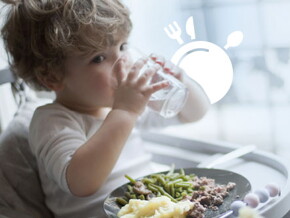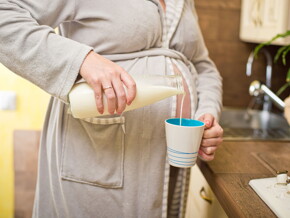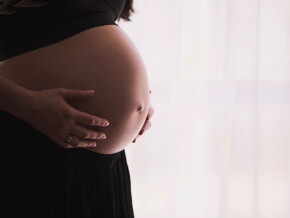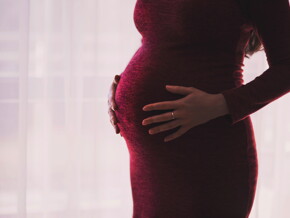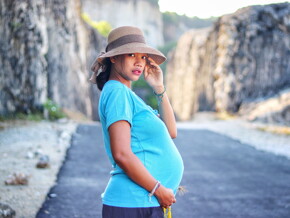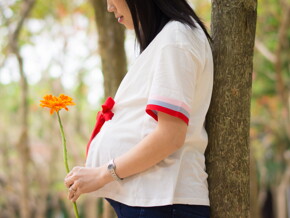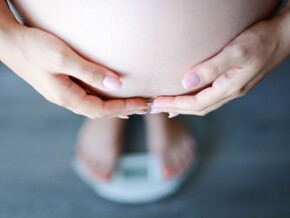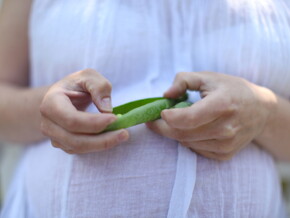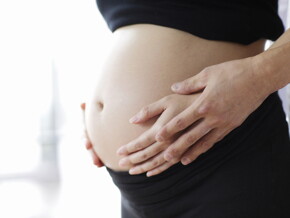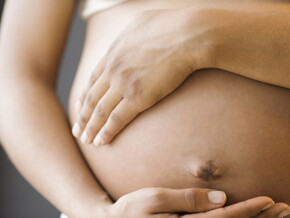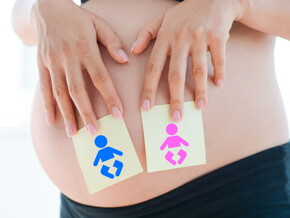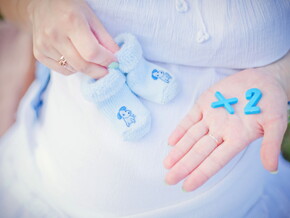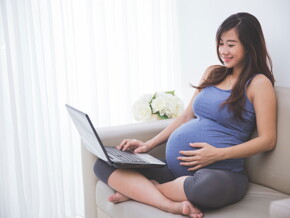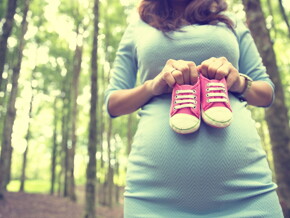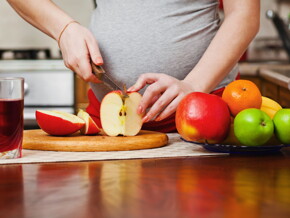
Safe Pampering During Pregnancy
Carrying a human in her belly means a pregnant woman deserves every bit of happiness and pampering her partner can give her. But aside from making mom-to-be happy, a potential pampering session also has to be safe for the baby she’s carrying.
Honestly - what could be nicer than a relaxing beauty treatment when you’re pregnant? But is it safe to treat yourself to spa days, massages, and facials when you have a bump?
Facial Care
Basic facials and steam facials are acceptable, but pregnant women need to avoid chemical facials and peels. Inform the aesthetician or dermatologist outright that you are pregnant so they know. On the DIY side, do not use products that contain retinol or Retin A. Consider vitamin C serum instead as they also offer similar exfoliating benefits, and is a much safer alternative for pregnant women.
Nail Care
Getting a pedicure is exceptionally useful during pregnancy as the abdomen grows larger and you cannot do it yourself. Avoid the toxic trio which includes dibutyl phthalate (DBP), formaldehyde, and toluene, and again, be sure to ask about the contents of the products used on you when you go get your nails done.
Acne in Pregnancy
It’s best to keep things simple by washing your face twice a day using a gentle, oil-free, alcohol-free cleanser. Remember to use a washcloth and rinse with lukewarm water. Never pop your pimples.
Body Massages
As pregnant women move into their second and third trimesters, their centers of mass shift anteriorly causing an increase in lumbar lordosis which cause low back and pelvic girdle pain.
Massage therapy and chiropractic care are highly safe and effective evidence-based options for pregnant women who experience this . Just ensure that the oil or lotion used is safe; again, it is always best to mention from the get-go that you are pregnant.
Getting a massage can help raise your endorphin, oxytocin, serotonin, and dopamine levels. These neurochemicals affect your happiness levels and make you feel good and reduce your levels of the stress hormone cortisol. And obviously, feeling happy and de-stressed can only be beneficial for you and your baby.
Body massages are best done beyond the first trimester and before 32 weeks. It is also best accomplished with the pregnant woman lying on her side, especially in the second trimester.
Happy soaking - Spa
Stay away from saunas, steam rooms, hot tubs, Jacuzzis, and heated body wraps. These are not recommended at any stage during pregnancy because of the risk of overheating.
If you’re unsure whether something is safe you can always ask the staff. When in a pool, make sure the temperature is no higher than 35°C, or 32°C. Be careful getting in and out as your balance might not be as good now that you have a bump. You might also want to watch out for slippery surfaces around the pool.
You definitely deserve some pampering and self-care during this time, but remember that you’re not alone in that body anymore. The best thing you can do for yourself and your little one is to make sure that your self-love activities are not only relaxing, but safe as well.
Reference
• Browne H, Mason G, Tang T. (2014) Retinoids and pregnancy: an update. The Obstetrician & Gynaecologist. 16(1):7-11. Available from: https://obgyn.onlinelibrary.wiley.com/doi/full/10.1111/tog.12075 [Accessed 28th March 2019]
• Chambers CD. (2006) Risks of hyperthermia associated with hot tub or spa use by pregnant women. Birth Defects Res A Clin Mol Teratol. Available from: 76(8):569-73. https://www.ncbi.nlm.nih.gov/pubmed/16998815 [Accessed 28th March 2019]
• Chitty A. (2009) Review of evidence: complementary therapies in pregnancy. Available from: https://www.nct.org.uk/sites/default/files/related_documents/New%20Dige…; [Accessed 28th March 2019]
• Field T, Diego M, Hernandez-Reif M. (2010) Prenatal depression effects and interventions: a review. Infant Behav Dev. 33(4):409-418. Available from: https://www.ncbi.nlm.nih.gov/pmc/articles/PMC2933409/ [Accessed 28th March 2019]
• Kecskes AA. (2019) Neurohormonal effects of massage therapy. Available from: https://www.pacificcollege.edu/news/blog/2014/11/08/neurohormonal-effects-massage-therapy-1 [Accessed 28th March 2019]

“Mask of Pregnancy’ - the clinical term is Melasma. This refers to the discolored skin brought about by high hormones of pregnancy Chloasma, also known as melasma or the “mask of pregnancy,” is a pigmentation disorder of the skin characterized by darker skin patches that primarily affect the face and other sun-exposed areas. Chloasma is more common in individuals assigned as female at birth and in individuals with a darker skin complexion, and it is often associated with pregnancy and use of oral contraceptives. The exact cause of chloasma is not fully understood, although having a genetic predisposition, sun exposure, and hormonal changes seem to play a role in its development. Diagnosis of chloasma is based upon clinical observation of the skin lesions and any history of a predisposing risk factor. Chloasma can be treated with a combination of skin-lightening agents, chemical peels, and laser or light-based therapies. It is also important to maintain strict sun protection by avoiding unnecessary sun exposure, using broad spectrum sunscreens, and wearing wide-brimmed hats to protect the face from the sun.
About The Expert
DR. CHRISTIA PADOLINA, OB-GYN
Dr. Christia S. Padolina is the president of the Philippine Obstetrics and Gynecological Society (POGS) Foundation Inc. It is the premiere organization of obstetricians and gynecologists nationwide.
It was a dream come true for her to become a physician. Her mother was sickly and she had so much expectations on the healthcare system being on the other side of the equation. She is a graduate of the University of the East Ramon Magsaysay Memorial Medical Center. It was there that she realized that she wanted to become an obstetrician Gynecologist. She does not mind waking up in the wee hours of the morning as she finds delivering babies exhilarating.
Her subspecialty in Ultrasound in Obstetrics and Gynecology in the University of New Mexico in USA paved the way for better maternal care. She is locally and internationally known advocate for safe motherhood.
The views and opinions expressed by the writer are his/her own, and does not state or reflect those of Wyeth Nutrition and its principals.











